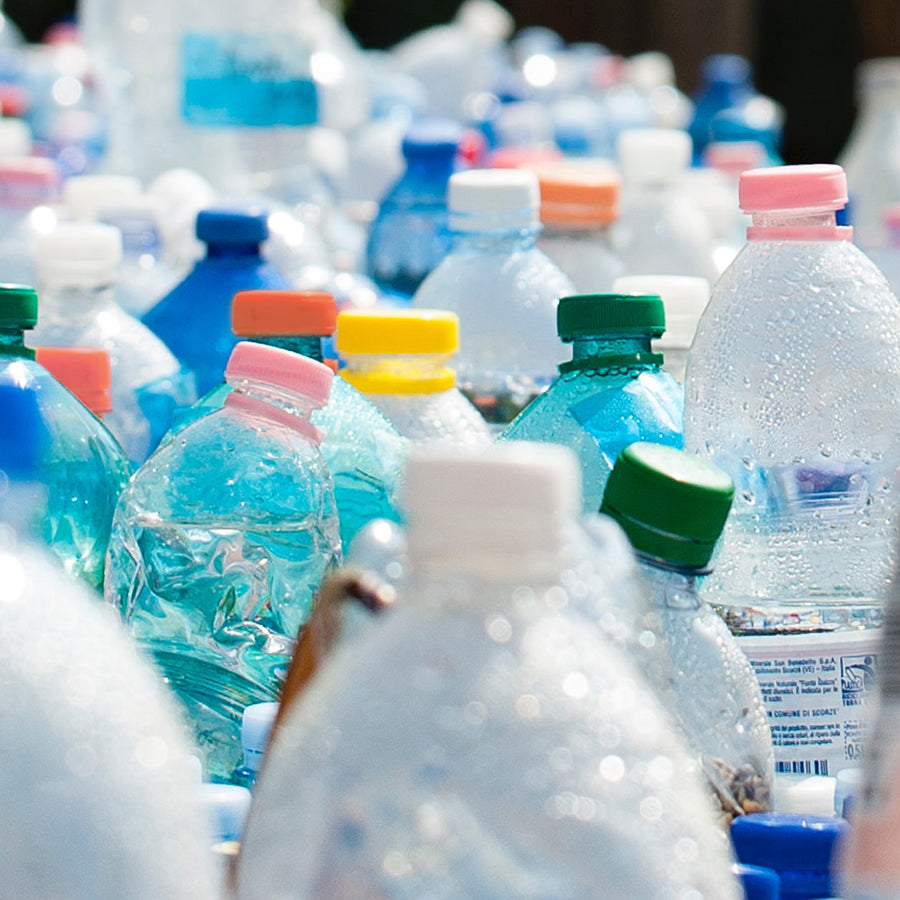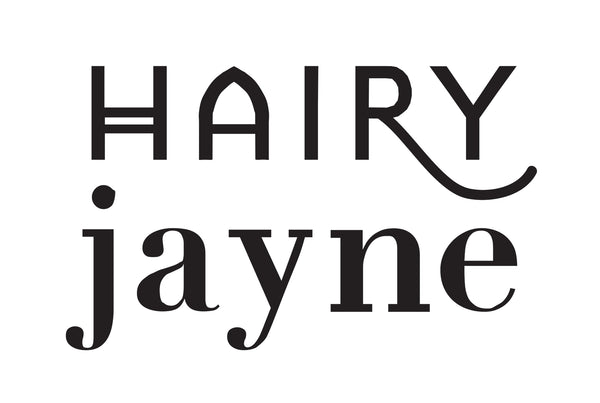
5 easy, positive actions you can take for Plastic Free July 2022
The Plastic Free July initiative has been running since 2011, and the problem of plastic waste is still an issue in 2022. Too much plastic waste is still being created, despite all of the awareness and the warnings from scientists about climate change. Some headway can be made through conscious consumerism, but really we need to be slowing plastic production down at a systematic level too.
Making the switch to a sustainable plastic free home is important if you can do so. Reducing your personal carbon footprint as an individual does contribute to the flight against climate change. Our buying power does send a message to the big companies to do better, and be more sustainable. However consumer behaviour alone isn’t enough to stop so much wasteful plastic from being produced.
Besides, it’s too easy to place the onus on consumers to be more sustainable in their choices. Not everyone has the time or money to live a completely plastic free zero waste lifestyle. More needs to be done on a bigger scale, and much higher up.

Most virgin plastic is made from fossil fuels or petrochemicals, which is a disaster for the environment and our wildlife. Recycled plastic isn’t the answer to reducing the production drastically as plastic can only be recycled down to an inferior quality for a finite number of times.
Thankfully there are some positive actions that you can take this Plastic Free July to make a difference. And the more people who do it, the sooner we can slow down the billions of plastic items being produced. Plastic items that we now know stay on, and pollute, our planet for hundreds of years to come.
1. Firstly, check that you’ve made all of these easy plastic free bathroom swaps
The fact that a lot of food comes packed in plastic is not because that’s what consumers necessarily want. It’s up to fossil fuel companies, the government and the supermarkets that supply us with our food to change the current systems.
However, bathroom swaps are very easy to do. Single use and plastic items used in the bathroom can now be replaced relatively easily by reusable replacements or ones made or packaged with more sustainable materials. Glass and aluminium can be infinitely recycled (unlike plastic) and materials like cotton and bamboo are completely biodegradable in landfill (unlike plastic).

Check whether you’ve swapped these bathroom essentials for zero waste alternatives:
Replace single use make up wipes with these reusable ones
Jungle Culture reusable make up remover pads
Switch to either a zero waste soap bar or a cleanser in a glass bottle
Aloe vera soap for sensitive skin
Bristol Made micellar water cleanser for removing make up
Swap from an aerosol or plastic roll-on to a natural deodorant in a recyclable aluminium tube
Fruu natural deodorant made from surplus fruit
Replace your toothbrush with a bamboo one or use a biodegradable bamboo electric toothbrush head
Brushd. plastic free bamboo electric toothbrush head
Change over to plastic free hair care – either a zero waste shampoo bar or refillable shampoo and conditioner
Hairy Jayne shampoo bar for all hair types
Hairy Jayne refillable shampoo and conditioner

2. Ask questions and leave feedback if you suspect a company of greenwashing
According to Wikipedia, greenwashing is “a form of marketing spin in which green PR and green marketing are deceptively used to persuade the public that an organisation's products, aims and policies are environmentally friendly”.
“Sustainable” has become a buzz word in marketing that is being overused in order to sell more products, and it's not always applicable.
An example of greenwashing is labelling products or packaging “made from recycled bottles” or “ocean plastics” when not all of the material is in fact from recycled bottles or the ocean, but is blended with non-recycled materials. Or a brand claiming to be eco friendly when they are funded by a bigger, more problematic and not-so-eco-friendly company.
Also, be conscious of carbon off-setting which can be a form of greenwashing. Companies sometimes use carbon off-setting (a way of reducing a carbon footprint) to justify using plastic packaging. Rather than addressing the root problem and switching to plastic free alternatives.
Ask questions via social media or email the company directly to get to the bottom of what they actually mean by the language they use. If you can’t get a straight answer, you can assume that all isn’t as it seems. And if you read stories about big fashion chains or food producers being found guilty of greenwashing, share the story with your community.
For smaller producers with good intentions, asking questions is actually sometimes helpful. Direct communication between an indie business and their customers can sometimes reveal areas for improvement sustainability-wise that might not have been previously considered.

3. Follow and support these amazing climate positive campaigns
These organisations are doing great work raising awareness around climate change. Their campaigns hold big companies and the government to account for pollution and environmental issues. Show support by signing up for their emails about the latest issues, sign some petitions or to make a donation to the cause.
Friends of the Earth to help protect nature and our climate
Visit friendsoftheearth.uk or follow them on Instagram
Extinction Rebellion for their nonviolent civil disobedience to compel government action
Visit extinctionrebellion.uk or follow them on Instagram
Greenpeace for their global network taking positive action for the planet and climate
Visit greenpeace.org.uk or follow them on Instagram
Plastic Soup Foundation for their work specifically targeted at plastic pollution
Visit plasticsoupfoundation.org or follow them on Instagram
4. Help clean up your local area by picking up plastic waste
Lucky enough to live near a beach? There is probably already a litter picking day organised in your area, but if not, why not get some neighbours together and start one up. Groups like Sea Shepherd UK often organise beach clean ups.
Find events here seashepherd.org.uk or follow them on Instagram
You don’t need to live near the sea to have a community clean up. Your local streets, parks and forests could probably do with some plastic litter picking, too. Keep Britain Tidy is a good place to look for volunteer projects.
Visit keepbritaintidy.org or follow them on Instagram

5. Get inspired to be more eco friendly by watching these documentaries and films
"Tapped" which looks at the negative impact of the bottle water industry on the planet
Visit watchdocumentaries.com
"Seaspiracy" which exposes the impact of the fishing industry on our oceans
Visit seaspiracy.org
"War on Plastic with Hugh and Anita" which investigates how much plastic pollution we produce
Visit bbc.co.uk
"The Story of Stuff" which is a short animated documentary about the lifecycle of material goods
Visit storyofstuff.org
Plastic Free July is a good starting point for changing over to a less wasteful lifestyle, which is obviously great for the planet. But there's more we can do too, besides looking for plastic free alternatives for the home. Positive action for the climate is more than consumerism alone. It's asking the right questions, supporting the right campaigns and taking time to look at the bigger picture.
Follow Hairy Jayne on Instagram or sign up to our emails to keep in touch
